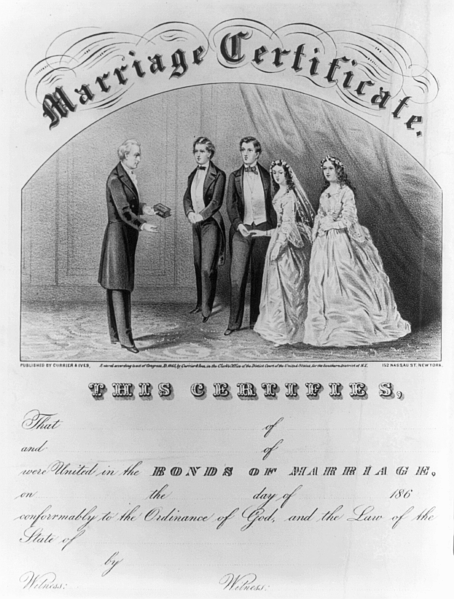Policy and Principle: Another Defence of (Qualified) Strong-Form Judicial Review
PLEASE CLICK HERE TO DOWNLOAD THE FULL DISSERTATION
As a native Pole, the constitutional crisis taking place in my home country has led me to develop an interest in assessing the role of the law as a constraint on politics. The topic of judicial review (and the legitimacy thereof) was therefore instantly of interest to me, as it questions what the proper role of the courts is. While some argue that judges should not possess extensive powers in the sphere of human rights as these are matters of moral dispute and should be left to the political sphere which is more responsive to the changing attitudes of society, this essay tried to illustrate that the political sphere need not be better suited to the enforcement of rights. Instead, a robust system of judicial review which places the focus on the need to protect the individual from excesses of democratic power, poses a legitimate alternative to reliance on political channels. It is argued that judges are capable of respecting the limits of their power, whilst simultaneously delivering a degree of rights protection which may not be guaranteed in the political sphere. While the argument is not definitive, and approaches to judicial review vary between polities, the thesis hopes to highlight why judicial enforcement of rights may be normatively preferable.
Oskar Polanski
-Oskar Polanski, Author
Introduction
The practice of judicial review (JR) varies between political systems, but among all the variations of strong and weak-form review, there must be one form which is more legitimate than the rest. This, it is argued, is the qualified version of strong-form judicial review (SFJR), whereby judges are able to strike down and amend legislation to ensure compliance with rights, but one which is qualified by a legislative last say.
In order to establish this as a desirable rights framework, however, we must consider the criticisms which political constitutionalists frequently raise against JR and rebut their applicability from the SFJR proposed here. These criticisms stem from the difficulty, by the legislature, to override judicial decisions, thereby altering the ‘appropriate allocation of authority between the traditional branches of national governments.’[1] The arguments raised concern the instability of JR which may lead to judicial supremacy; the unelected and unaccountable nature of the judiciary; its ability to subvert the democratic will of the people, and the exercise by the judiciary of activities beyond their competence and expertise. Accordingly, these four main political constitutionalist concerns will be addressed and rebutted to emphasise how they do not apply to the SFJR norm of adjudication.




